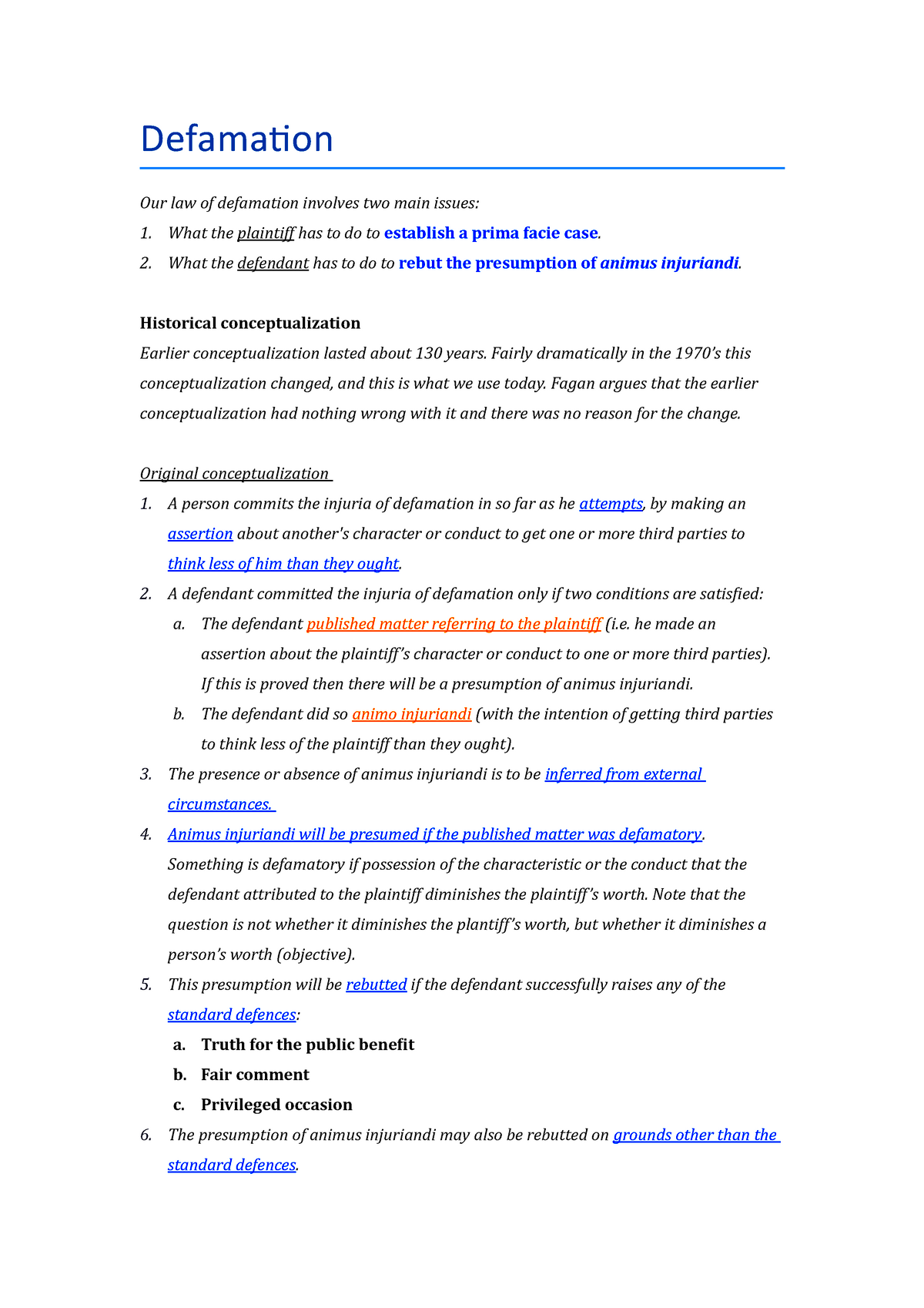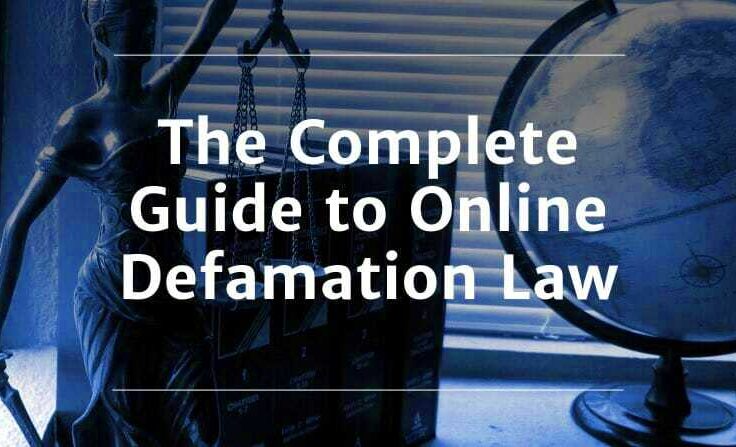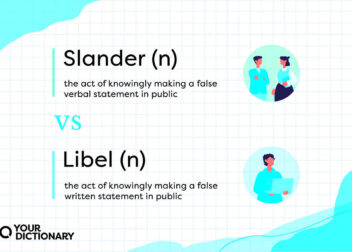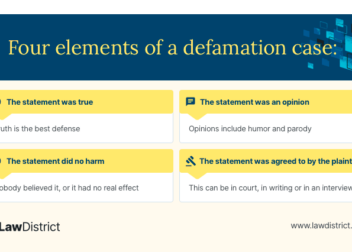Defamation Laws in Pennsylvania Key Insights
Defamation is a legal term that refers to false statements that harm someone’s reputation. In Pennsylvania, the law recognizes defamation as both libel, which is written, and slander, which is spoken. Understanding how defamation works is crucial for anyone who may find themselves accused of defaming someone else or who believes they have been defamed.
In Pennsylvania, the key to a successful defamation claim is proving that the statement in question is false, made with a certain level of fault, and that it has caused harm. This area of law balances protecting individuals’ reputations and upholding the right to free speech. If you think you have a defamation case or are facing one, it’s important to grasp these concepts fully.
Types of Defamation Claims

In Pennsylvania, there are two main types of defamation claims: libel and slander. Let’s break them down:
- Libel: This involves written statements or published materials that harm a person’s reputation. Examples include articles, blogs, or social media posts.
- Slander: This refers to spoken statements that cause damage to someone’s reputation. Examples include comments made in public or during a conversation.
Additionally, there are different categories within these types:
- Defamation per se: These are statements that are inherently harmful, such as accusations of a crime or claims that a person has a contagious disease.
- Defamation per quod: These are statements that require additional context to show harm, like implying someone is dishonest without directly stating it.
Elements of a Defamation Case
To establish a defamation case in Pennsylvania, a plaintiff must prove four key elements:
- False Statement: The plaintiff must show that the statement made was false. Truth is an absolute defense in defamation cases.
- Publication: The statement must have been communicated to at least one other person besides the subject of the statement.
- Fault: The plaintiff must prove that the defendant acted with negligence or actual malice, depending on whether the plaintiff is a public or private figure.
- Damages: The plaintiff must demonstrate that they suffered harm as a result of the statement, which can include damage to reputation, emotional distress, or economic loss.
Understanding these elements is essential for anyone involved in a defamation dispute. Each element plays a crucial role in determining the outcome of the case.
Defenses Against Defamation
When facing a defamation claim in Pennsylvania, there are several defenses a defendant can raise. Understanding these defenses is crucial because they can determine whether the case will be dismissed or if the defendant will be held liable. Let’s explore the most common defenses against defamation:
- Truth: If the defendant can prove that the statement made was true, this is a complete defense against defamation claims. Truth is an absolute defense in defamation cases.
- Opinion: Statements that reflect personal opinions rather than factual assertions are generally not considered defamatory. For example, saying “I believe this restaurant is terrible” is an opinion and may not qualify as defamation.
- Privilege: Certain communications are protected by privilege, which means they cannot be the basis of a defamation claim. This includes statements made in legal proceedings, legislative debates, and some official communications.
- Consent: If the person who claims to be defamed consented to the statement being made, this can be a defense. For instance, if someone agrees to an interview where their opinions are discussed, they cannot later claim defamation.
Knowing these defenses can be a game changer in a defamation case, allowing defendants to protect themselves effectively.
Impact of Public Figures in Defamation Cases
The status of the plaintiff plays a significant role in defamation cases. Public figures, such as celebrities and politicians, face a higher standard when proving defamation. This is primarily due to the First Amendment rights protecting free speech. Here are key points about how being a public figure affects a defamation case:
- Actual Malice Standard: Public figures must prove that the defendant acted with “actual malice.” This means showing that the defendant knew the statement was false or acted with reckless disregard for the truth.
- Heightened Scrutiny: Public figures often have their lives scrutinized by the media and the public, which can make it harder to prove damages in a defamation case.
- Public Interest: Statements about public figures are generally seen as more acceptable, as they relate to matters of public concern. This can complicate claims of defamation.
Understanding these dynamics is essential for both public figures and those interacting with them, as it influences the nature of defamation claims significantly.
Statute of Limitations for Defamation
In Pennsylvania, the statute of limitations for defamation claims is generally one year. This means that a plaintiff must file a lawsuit within one year of the alleged defamatory statement. Knowing this timeline is crucial for both plaintiffs and defendants. Here are some important aspects to consider:
- Start Date: The clock starts ticking on the date the defamatory statement was made or published. For online publications, this could be the date the statement was posted.
- Exceptions: There are certain circumstances that can affect the statute of limitations, such as if the plaintiff was unaware of the defamation until a later date.
- Importance of Timeliness: Failing to file a claim within this one-year period can result in the case being dismissed, regardless of its merits. It’s essential to act quickly if you believe you have a defamation case.
Understanding the statute of limitations helps parties navigate their rights and responsibilities when dealing with defamation claims in Pennsylvania.
Recent Case Law and Trends
Keeping up with recent case law and trends in defamation can help you understand how the legal landscape is evolving in Pennsylvania. Recent cases often reflect changes in societal attitudes and advancements in technology, particularly with social media. Here are some key points to consider:
- Social Media Impact: Many recent defamation cases involve statements made on social media platforms. Courts are increasingly addressing how online behavior affects reputations and the nature of public discourse.
- Public Figures and Actual Malice: The standard for proving defamation for public figures remains high, with courts strictly enforcing the actual malice standard. Cases like New York Times Co. v. Sullivan continue to set precedents.
- Online Reviews: There’s a growing trend where businesses are facing defamation claims over negative online reviews. Courts are navigating the balance between protecting free speech and protecting reputations.
- Increased Awareness: As awareness of defamation grows, more people are pursuing claims. This trend is prompting businesses and individuals to be more cautious about what they say and publish.
Staying informed about these trends can help individuals and organizations protect themselves against potential defamation claims and understand their rights.
Seeking Legal Help for Defamation Issues
If you believe you have been defamed or are facing a defamation claim, seeking legal help is essential. Navigating the complexities of defamation law can be challenging, and having the right support can make a significant difference. Here’s how to go about it:
- Consult a Lawyer: Look for attorneys who specialize in defamation law. They can provide tailored advice based on your situation.
- Gather Evidence: Document everything related to the defamation claim. This includes the statement itself, any witnesses, and any communications about the matter.
- Understand Your Options: A good lawyer will explain your legal options, including whether to pursue a lawsuit or seek a settlement.
- Be Cautious with Public Statements: While you may want to defend your reputation, be careful about making public statements about the situation, as they can affect your case.
Remember, acting quickly is crucial, especially considering the one-year statute of limitations for filing a defamation claim in Pennsylvania.
FAQ
Here are some frequently asked questions about defamation in Pennsylvania:
- What is defamation? Defamation involves false statements made about someone that damage their reputation.
- What are the types of defamation? The two main types are libel (written) and slander (spoken).
- How long do I have to file a defamation claim? In Pennsylvania, you have one year from the date of the statement to file a claim.
- What do I need to prove in a defamation case? You must prove that the statement was false, published, caused harm, and that the defendant acted with fault.
- Can I defend against a defamation claim? Yes, common defenses include truth, opinion, privilege, and consent.
If you have more questions or need specific advice, it’s best to consult a legal expert who can guide you based on your circumstances.
Conclusion
Defamation law in Pennsylvania is a complex area that requires careful understanding. Whether you’re a public figure or a private individual, knowing your rights and responsibilities is crucial. From understanding the types of defamation claims and the essential elements of a case to recognizing the defenses available, it’s important to stay informed. Recent case law indicates a growing impact of social media on defamation claims, highlighting the need for vigilance in how we communicate. If you believe you have been defamed or are facing such claims, seeking legal assistance can provide clarity and direction. Protecting your reputation is vital, and understanding the law is the first step in that process.


